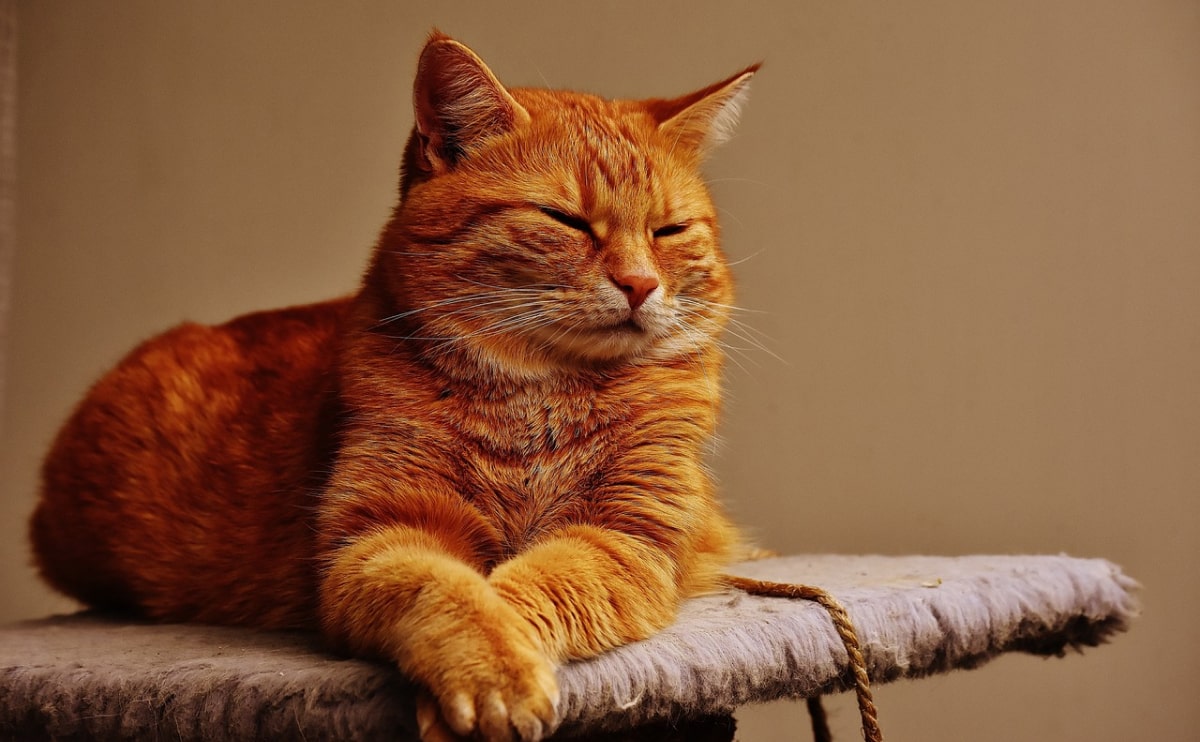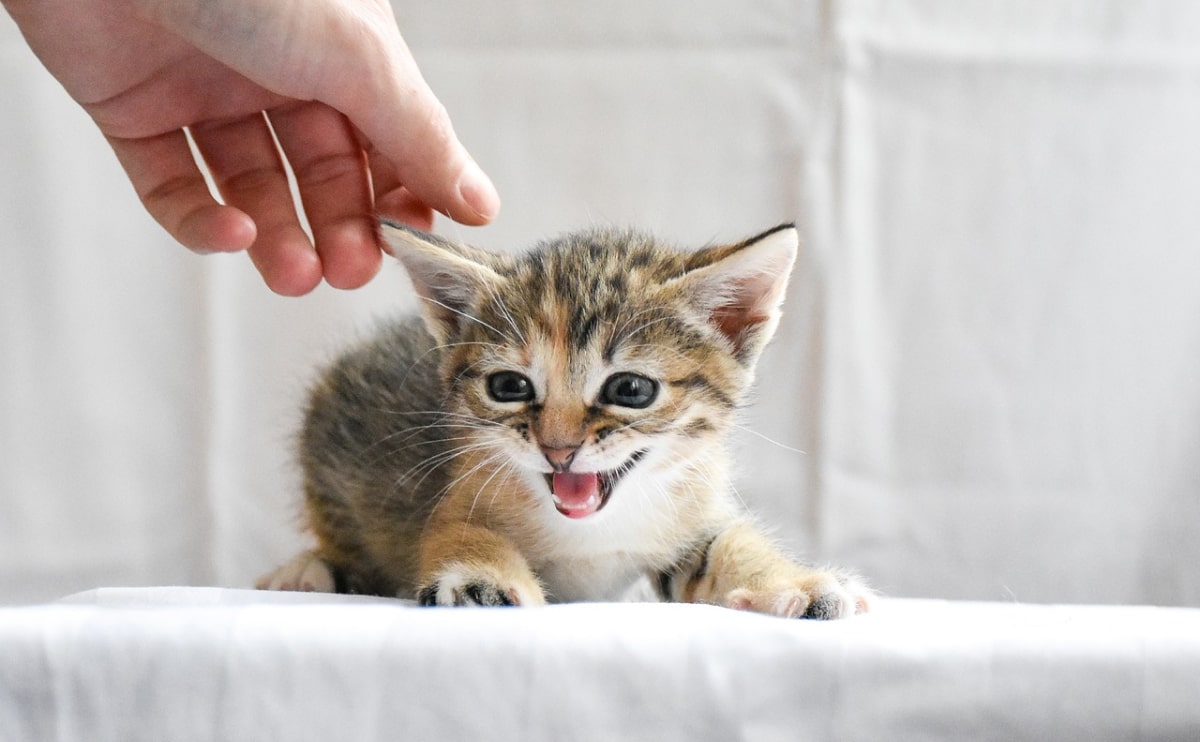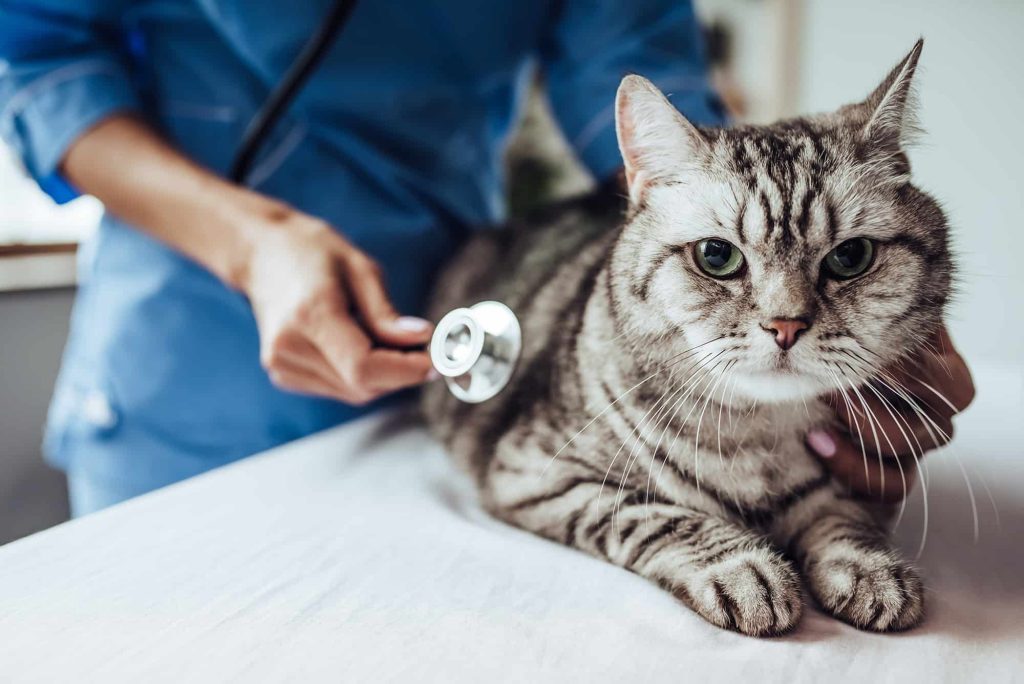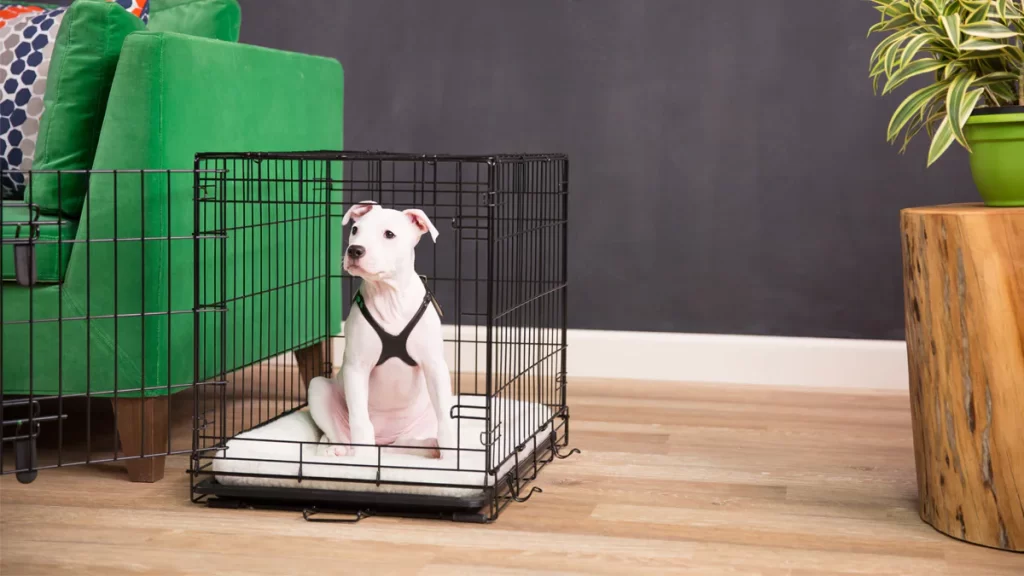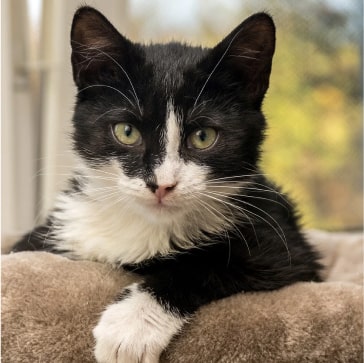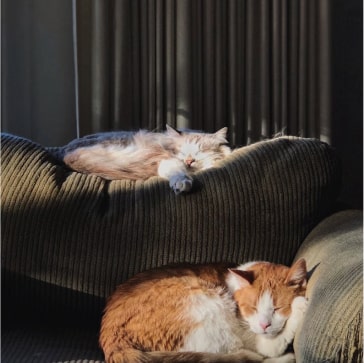Blog
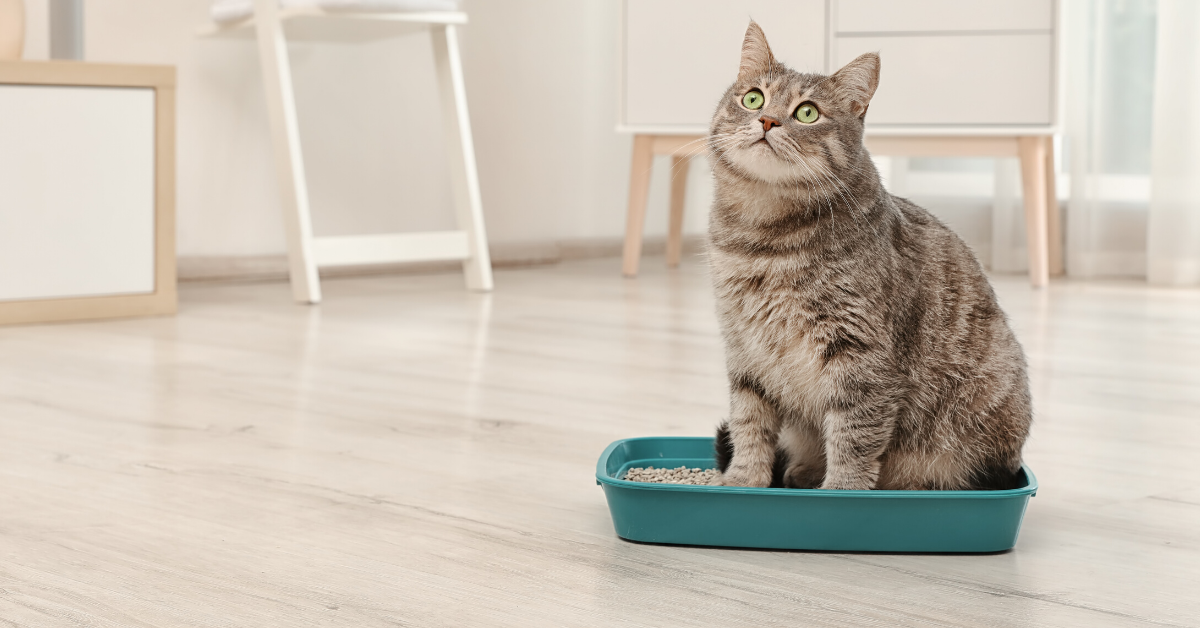
Litter Training A Cat
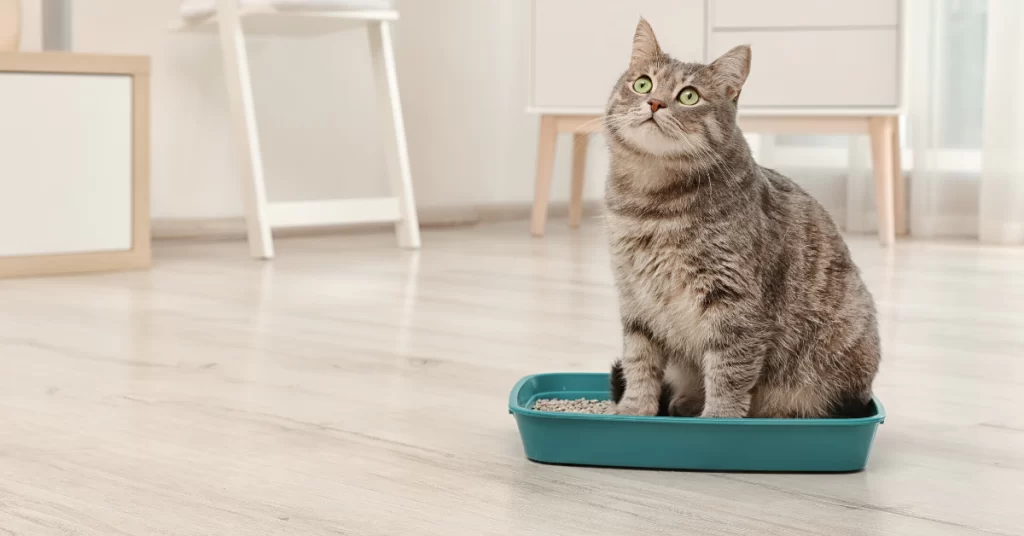
Adult or elderly cats are litter-trained naturally. Here are some litter box troubleshooting techniques to make the procedure easier.
Cristin Tamburo Coll, a Certified Feline Behavior Consultant in Los Angeles, says cats are clean. Cats are one of the few predator-prey animals in the wild. They hide their feces to mask the stench and avoid predators.
Cats have a natural tendency to use the litter box once they know where it is, making litter training easier than potty training a dog.
Adult Cat Litter Training
Choose an adequate litter box and litter for your home, position it in a safe spot, and show your cat where it’s situated.
When you first educate your cat to use the litter box, several factors affect how successfully she adjusts.
- Putting the litter box in a peaceful, safe spot can encourage your cat to use it. Britt Gagne, executive director of Des Moines’ Furry Friends Refuge, recommends avoiding high-traffic locations. Cats don’t prefer to eat where they defecate, so keep that in mind while placing the litter box. “Food, water, and litter may be in the same’safe zone’ of the house,” adds Gagne. The litter box should be 3 feet from food and drink. Animals and people prefer not to keep food and drink near the lavatory for comfort and sanitation.
- Cats prefer tidiness, therefore a dirty litter box will hinder their training. “If a lot of filthy litter is removed, provide new litter so the cat may dig and conceal things as they naturally like to do. Gagne recommends cleaning litter everyday and dumping and washing it every 7-10 days.
- Multiple cats may not like sharing litter boxes. Your pet needs a second litter box. “A litter box per cat is the rule of thumb.” Gagne recommends having one more cat than residents.
Indoor Cat
Outdoor cats bury excrement in grass, sand, or soil. Most varieties of litter have a different scent and texture than the cat is used to, making litter training difficult. Getting a cat to use a litter box might be difficult at first.
We got a cat acclimated to using the litter box by placing sod in it. Tamburo Coll explains, “We sprinkled litter on top and added more and more till we removed the other substrate.” “Try numerous boxes with different materials ‘buffet style’ to see what they like.”
Some outdoor cat owners are concerned about diseases. Cat excrement can be a source of salmonella or toxoplasmosis, although hand washing, gloves, and avoiding accidently swallowing the waste should safeguard cat owners in most instances.
“Not many infections are transmitted from animals to people, but best practice is to wash your hands often,” Tamburo Coll explains. When bringing an outdoor cat indoors, get a medical checkup and vaccinations. Outdoor cats are usually filthy. Not much.”
Senior Cat Litter Training
If you’ve acquired an older cat or your cat is getting older, litter training might be tricky. A cat is considered senior between 10–12 years old, however it varies every cat. Senior cats might suffer renal, liver, hearing, and vision difficulties. Tamburo Coll advises placing a nightlight near the litter box for cats with eyesight problems.
Cats can grow senile or lose cognitive function as they age, making it harder for them to find the litter box. If they’re confused, you may need to remind them.
Hip dysplasia and arthritis are also frequent in senior cats. Low-sided, uncovered litter boxes are preferable for geriatric cats. Gagne recommends open-top litter boxes over closed ones. If your cat has a history of improper urinating, a closed-top box might make it feel imprisoned and uncomfortable.
Cat owners know their cat’s natural behavior. If your cat has accidents, seems sluggish, moves slowly, or has trouble getting around, Tamburo Coll thinks it’s time for a checkup.
Why Do Cats Sleep in Litter Boxes?
Your cat sleeping in the litter box? This is more prevalent in elderly cats, although it can happen to any cat.
Some reasons cats fall asleep in the litter box:
- Shelter or new-home cats may seek a familiar fragrance to soothe themselves. As disgusting as it is, the litter box smells like them, and cats enjoy secure places.
- Like humans and the hallowed alone time that comes with using the restroom, cats may find privacy in the litter box.
- Bowel issues: Senior cats may have trouble going to the potty. Or, if they need to go often, they may be scared to leave the box.
If cats are falling asleep in the litter box, see a vet. “If the vet ruled out health difficulties, evaluate household changes,” adds Tamburo Coll. Move a cat tree or bed near the box to make it more comfortable. This provides them a box-free alternative.”
Help! Still Won’t Use Litter Box
Tamburo Coll recommends taking the cat to the vet if you’ve done everything to encourage it to use the litter box. In addition to your cat’s once-a-year exam, do this whenever you observe a change in litter box habits or behavior.
Cats are skilled at disguising sickness. This is because they’re both predator and prey in the food chain, she adds. If your vet says nothing is wrong physically, consider a veterinary behaviorist or feline behavior expert.
Petstup is an official seller of the many well-known pets brands, focused on improving the lives of pets, pet parents and our partners. We proudly offer a large variety of pet nutrition products and supplies competitively priced for dogs, cats, reptiles, fish, birds and small animals. Petstup is your one stop shop for all your pet’s needs. All our products are authentic, and pass all mandatory United States standards and veterinary practices. We run several warehouses across the United States to serve you better and faster.





